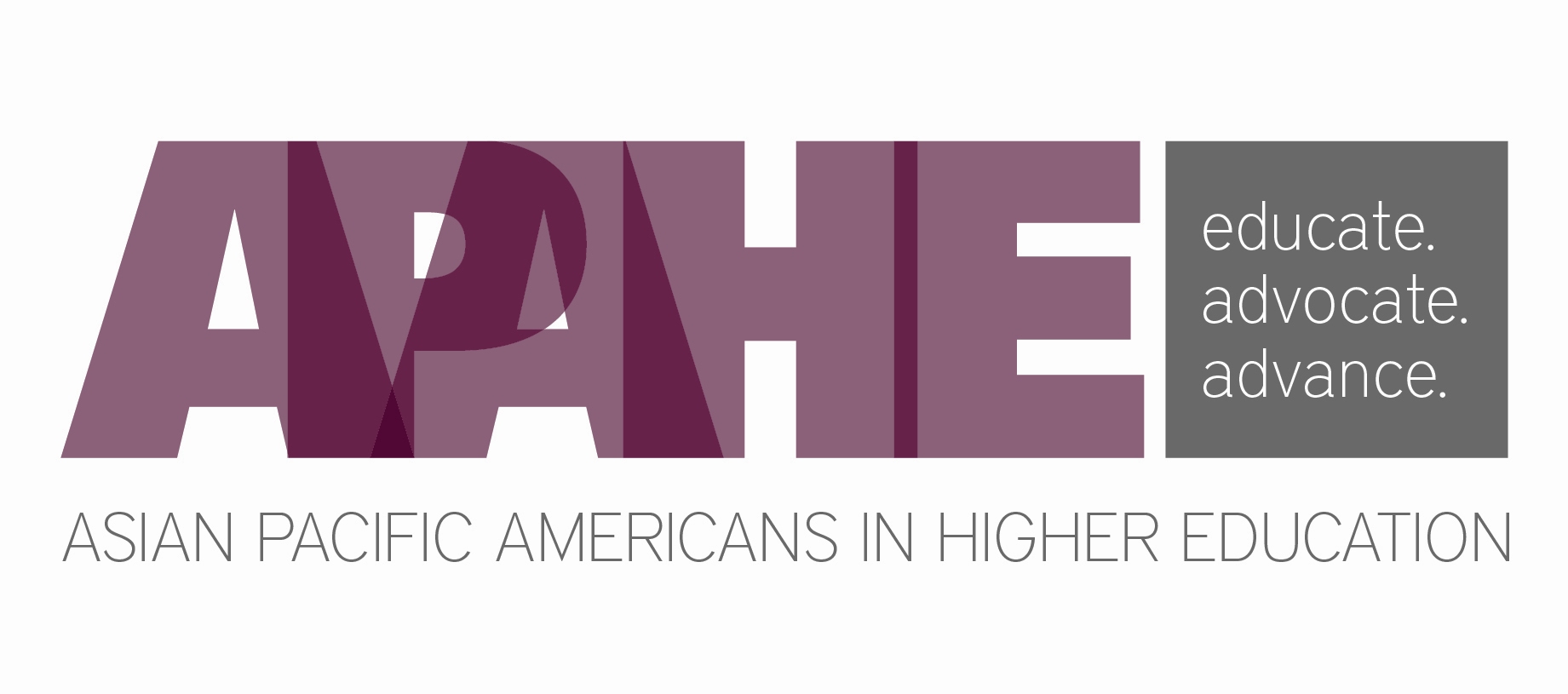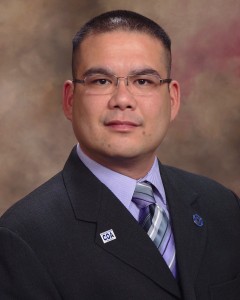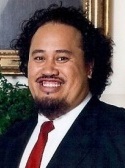Asian Americans and Pacific Islanders (AAPI) are the two fastest growing racial groups in the United States, as confirmed by 2010 U.S. Census data. At the same time, Southeast Asian Americans, Native Hawaiians and other Pacific Islanders, and low-income AAPIs continue to face inequalities in college access and degree attainment.
Higher education researchers’ decry for the lack of sufficient data and scholarship to generate greater understandings of the educational challenges, needs, and successes of these populations has resulted in recent modest and slowly-growing attention to the study of AAPIs. However, by and large, Southeast Asian Americans, Native Hawaiians and other Pacific Islanders, low-income AAPIs, and other underserved populations within this community continue to lack visibility in higher education inquiry, and there is continued need for research and scholarship that inform policies, programs, and practices that are designed to enhance the educational success of AAPI populations that are underserved in higher education.
Amefil Agbayani, Director of Student Equity, Excellence and Diversity at the University of Hawai`i at Mānoa, Doris Ching, Emeritus Vice President for Student Affairs of the University of Hawai`i System, and Samuel Museus, Assistant Professor of Educational Administration at the University of Hawai`i at Mānoa seek proposals of chapters for inclusion in an edited book on underserved AAPI populations in higher education. The purpose of the book will be to excavate the voices of underserved AAPIs, with an emphasis on policies, programs, and practices that are designed to foster success among these AAPIs in higher education.
Congruent with the aforementioned focus, chapter proposals should (1) be framed around serving one or more underserved AAPI populations in postsecondary education and (2) analyze a specific policy, program, or practice that can help foster success among these populations. We welcome both proposals that are based on analyses of empirical data and conceptual analyses of personal experience and existing theory and research.
Persons interested in submitting a proposal may submit them via email by March 18, 2013 to Doris Ching at dorisc@hawaii.edu with the following information: name(s) and brief biographies of author(s), proposed chapter title, and a 1-2 page double-spaced abstract on the nature of the chapter. Questions may be forwarded to Doris Ching at dorisc@hawaii.edu or 808-294-1996.



